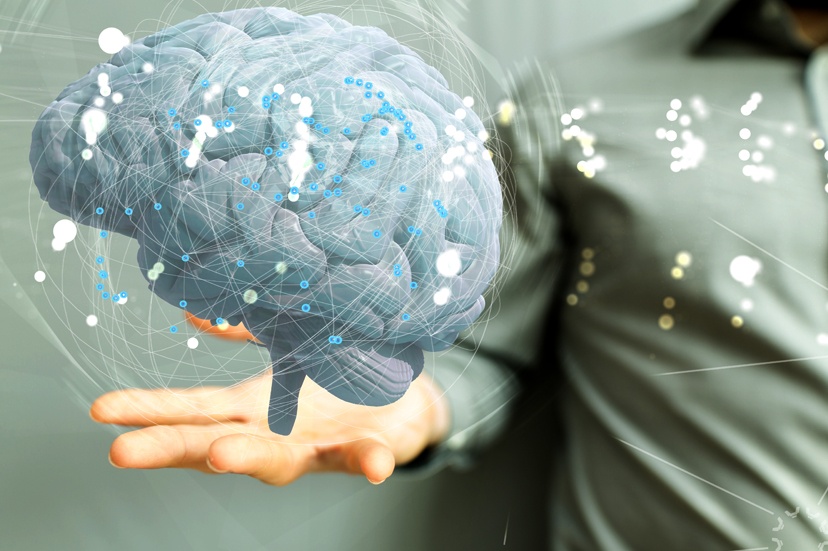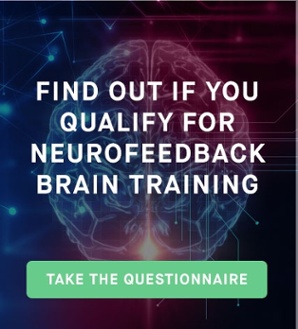 Depression is a serious mental health disorder that significantly affects people’s moods, sometimes making it difficult to find motivation to perform simple daily tasks, such as getting out of bed or brushing their teeth. Anyone can be affected—men, women, adults, or teens.
Depression is a serious mental health disorder that significantly affects people’s moods, sometimes making it difficult to find motivation to perform simple daily tasks, such as getting out of bed or brushing their teeth. Anyone can be affected—men, women, adults, or teens.
According to the nonprofit Anxiety and Depression Association of America (ADAA), there are several types of depression, the most common being Major Depressive Disorder.
“In 2015, around 16.1 million adults aged 18 years or older in the U.S. had experienced at least one major depressive episode in the last year, which represented 6.7 percent of all American adults,” states the ADAA.
Since depression impacts so many people within the United States, finding effective treatments is essential. While some rely on traditional medicine, others may not find this effective, and instead, seek alternative and/or holistic treatment methods to incorporate into their recovery plan.
One alternative treatment for depression to consider is Neurofeedback Therapy.
Neurofeedback therapy is a brain-training program that aims to improve the way the brain processes information by regulating its wave patterns. Those with dysregulated brainwave patterns may have trouble concentrating and/or  sleeping, for instance.
sleeping, for instance.
Christina Gravinese, neurofeedback provider at Long Island-based Northport Wellness Center, explained in one of our previous posts about neurofeedback training: “If you’re producing a dysregulated brainwave pattern, any which way or form, symptoms are going to arise. So, whether it’s focus/attention, memory, sleep issues—whatever the case may be—typically those symptoms are caused from dysregulated brainwave patterns.”
Correcting dysregulated brainwave patterns is accomplished through positive brain reinforcement.
Patients watch non-violent television shows or movies during 30-minute sessions, while a trained neurofeedback provider monitors their brainwave patterns via sensors connected from their heads to a computer.
The frequency of such therapy sessions varies, depending upon a patient's unique goals and needs. Sometimes, just a handful of sessions are required to notice a difference, while in other cases, it may take several months and 80-plus sessions.
Those diagnosed with depression may experience positive changes in their mood as a result of neurofeedback.
There are various studies that have examined the effects of neurofeedback therapy on those with depression.
For example, peer-reviewed medical journal Dialogues of Clinical Neuroscience focused on the relationship between this treatment and disorder in a 2014 study. Shared by the U.S. National Library of Medicine, the study, titled “Neurofeedback and Networks of Depression,” explains: “Recent advances in imaging technology and in the understanding of neural circuits relevant to emotion, motivation, and depression have boosted interest and experimental work in neuromodulation for affective disorders.”
The study concluded that both types of neurofeedback—electroencephalography (EEG) and real-time functional magnetic resonance imaging (fMRI)—could be added to someone’s depression recovery plan to help improve his or her symptoms.
The results of a recent study conducted by the nonprofit scientific association European College of Neuropsychopharmacology (ECNP), and shared by news site Science Daily in September 2017, also explained how neurofeedback therapy can assist individuals in managing depression.
Although described as a “small pilot study,” the ECNP analysis found that neurofeedback therapy “has potential to treat many of the 100m people worldwide who suffer from Treatment-Resistant Depression (TRD)”—a condition comprising “up to a third” of those diagnosed with depression.
Because past research indicates “different brainwaves have been shown to be associated with different moods and brain states,” continues the report, training your brain to regulate these patterns appears to be extremely beneficial. “The researchers found that in the neurofeedback group, 8 of the 12 patients responded to treatment, and 5 of those responded well enough to be classified as being in remission. Most of these patients are now under long-term observation to see if remission has continued.”
The ECNP study is additionally notable, says the article, since "This is the first time that neurofeedback has been shown to improve both individual symptoms and overall recovery in TRD."
The Northport Wellness Center offers neurofeedback services and a Depression Recovery program designed to help individuals dealing with depression live a healthier and happier life. Customized recovery plans integrating multiple treatments may also include neurofeedback.











